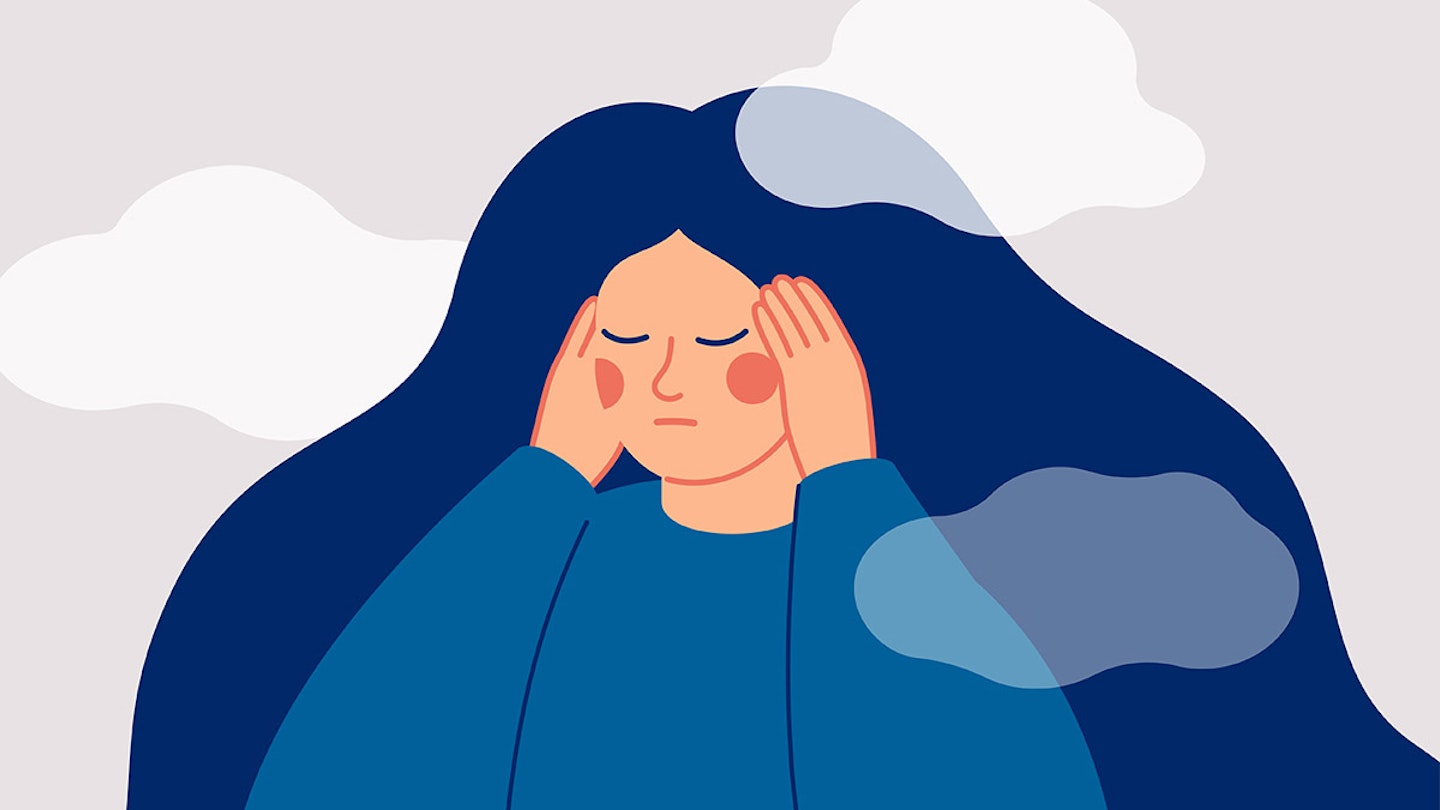Have you ever found yourself struggling to concentrate? Feel more forgetful and mentally a little drained? Then you may have brain fog. While brain fog isn’t a medical term, the NHS says it can feel very similar to the symptoms of stress or sleep deprivation.
If you think you may be suffering from brain fog, don’t panic. It is not a condition; it does not mean you have brain damage or dementia, and it will hopefully go away on its own. Here’s everything you need to know about it…
Brain fog symptoms
If you’re suffering from brain fog you may experience the following symptoms:
• Forgetfulness
• Feeling confused
• Mentally fatigued
• Lack of focus
• Headaches
• Difficulty sleeping
• Unmotivated
• Irritable
What causes brain fog?
Things that affect your hormonal imbalance can lead to brain fog. For example, if you’re pregnant, going through the menopause, have a poor diet or don’t get enough sleep. If you’ve recently had an infection or a minor head injury this can cause it too. It’s also common to experience brain fog if you’re someone who suffers from depression, anxiety or experiences high levels of stress. Those who’ve recovered from coronavirus have also experienced symptoms of brain fog and it’s become a common part of long COVID-19.
How to treat brain fog
While there is no ‘instant fix’ for brain fog, there are a number of measures you can take to help relieve the symptoms:
• Get enough sleep - most adults need at least seven to nine hours for their brains to be able to function at its best. Sleep plays a crucial role in our mental and physical health.
• Do regular exercise - even if it’s just going for a short walk once a day. It helps to boost our happy hormones, while suppressing the ones that cause us stress and anxiety.
• Eat a healthy and balanced diet - your body is like a car, if you fill it with rubbish it’s not going function properly. Research has shown there are links between what we eat and how we feel.
• Drink plenty of fluids - dehydration can lead to unclear thinking and cause your mood to change. The NHS Eat Well Guide says to drink between six to eight glasses of fluid a day.
• Avoid alcohol, smoking and caffeine - all three can heighten anxiety.
• Do more of the things you enjoy - whether that’s simply socialising with friends and family, or doing a specific activity, doing more of what you love and surrounding yourself with things you like can help boost you mood.
Popular articles to read next
32 self-care tips to help reduce stress and improve your happiness
